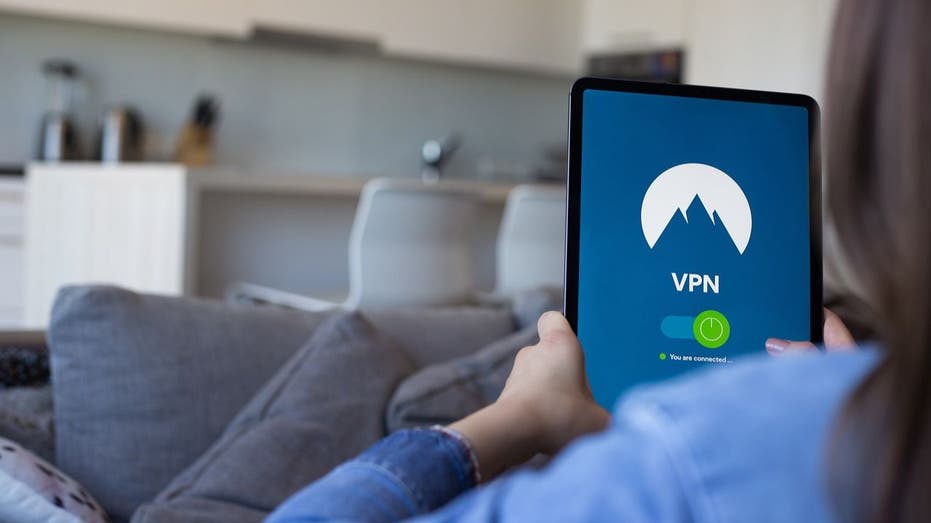
How VPNs Protect Your Identity and Secure Your Finances from Cyber Threats
In today’s digital landscape, navigating the internet can often feel like traversing a treacherous minefield, with cybercriminals lurking at every turn. The thought of safeguarding your identity and finances can be overwhelming. However, there’s a powerful tool that can serve as your shield: a Virtual Private Network (VPN).
Understanding VPNs: Your Digital Bodyguard
A VPN, or virtual private network, is designed to encrypt your internet connection, ensuring that your online activities remain secure and private. By routing your internet traffic through a secure server, VPNs mask your IP address, making it extremely challenging for hackers and other malicious entities to track your online behavior.
How VPNs Work: The Mechanics of Protection
VPNs operate primarily through two key mechanisms: IP address masking and data encryption. When you connect to a VPN, your real IP address is concealed and replaced with a new one from the VPN’s server network. This effectively prevents websites and cybercriminals from determining your location or identifying you based on your IP address.
Simultaneously, VPNs encrypt all data transmitted between your device and the internet. This means that any information intercepted during transmission is rendered unreadable to anyone attempting to access it. The encryption safeguards sensitive information, such as credit card numbers and personal identification details, keeping them confidential during your online transactions.
Defending Against Identity Theft
Identity theft occurs when someone unlawfully acquires your personal information to commit fraud, potentially leading to unauthorized transactions and damage to your credit. But how can a VPN help protect you? By establishing a secure and encrypted connection, VPNs shield you from data breaches and unauthorized access, especially on unsecured networks like public Wi-Fi. Additionally, VPNs prevent third parties from tracking your online activities, reducing the risk of personal data being exploited.
Securing Your Financial Transactions
Online transactions are particularly susceptible to cybercriminal interception, which can lead to the theft of financial information. A VPN acts as a protective barrier for your financial data. By encrypting all data exchanged during online transactions, it makes it significantly more difficult for hackers to access sensitive information. Using a VPN on public Wi-Fi networks, often targeted by cybercriminals, adds an essential layer of security by encrypting your data transmissions.
Best Practices for Using VPNs Safely
To maximize the benefits of a VPN while ensuring your banking apps remain secure, consider the following tips:
- Choose a Reliable VPN Provider: Opt for reputable VPN services that are known for robust encryption standards and a strict no-log policy.
- Use Strong Passwords: Pair your VPN usage with strong, unique passwords for each of your accounts. A password manager can help you generate and store complex passwords.
- Enable Two-Factor Authentication (2FA): Where available, turn on 2FA to provide an extra layer of security against unauthorized access.
- Regularly Update Software: Keep your devices and software up to date to protect against vulnerabilities that cybercriminals could exploit.
- Monitor Financial Accounts: Consistently check your bank statements and credit reports for any suspicious activity to catch potential fraud early.
The Importance of VPNs in Online Security
VPNs play a crucial role in protecting your identity and securing your financial transactions in the online world. By masking your IP address and encrypting your data transmissions, VPNs provide a formidable defense against identity theft and credit card fraud. By implementing the tips outlined above, you can further bolster your online security and enjoy peace of mind in the digital realm.
Share Your Experiences
Have you ever faced identity theft or fraud? How might the insights from this article help you avoid such issues in the future? We welcome your thoughts and experiences.

